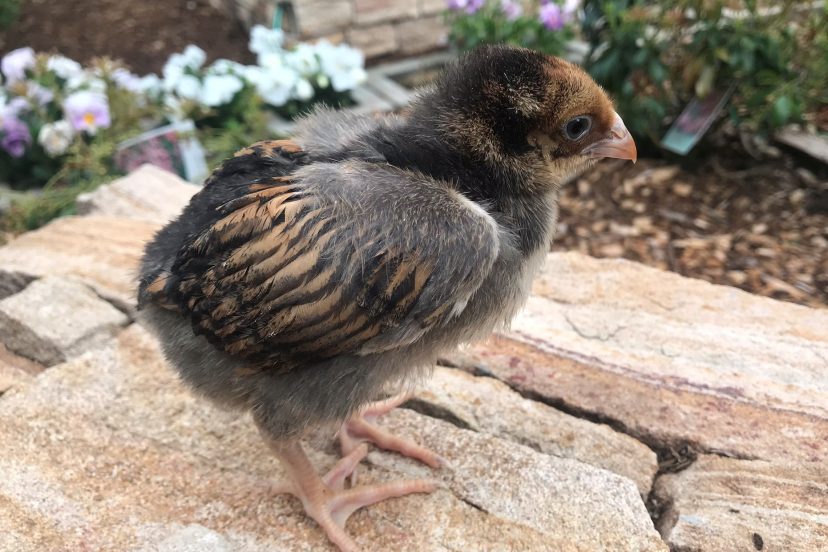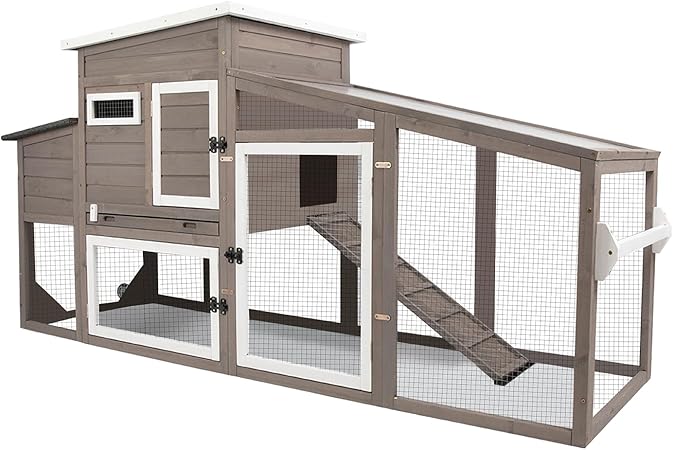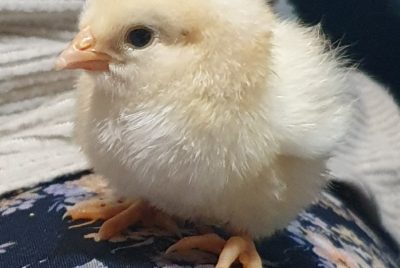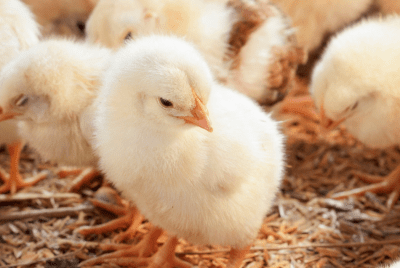From Fluff to Feathers – 6 Week Old Chicks
There’s nothing quite as rewarding as watching your fluffy 6 week old chicks transform into beautiful feathered creatures, but the journey from 6 weeks to 3 months can be challenging. In this guide, I’ll show you how to master the art of chick care during this crucial growth period. From proper nutrition to preventative health measures, I’ll cover everything you need to know to ensure your chicks thrive and flourish. Get ready to witness the magic of nature unfold before your eyes!
Key Takeaways:
- Proper Feeding: Ensure a balanced diet including starter feed, grit, and water.
- Brooder Setup: Maintain a warm environment with proper bedding, suitable lighting, and ample space.
- Health Monitoring: Regularly check for signs of illness, provide vaccination if necessary, and consult a vet when needed.
- Behavioral Enrichment: Offer toys, perches, and socialization to promote healthy development and prevent boredom.
- Transition to Outdoors: Gradually introduce chicks to the outside environment, ensuring protection from predators and providing a safe coop.
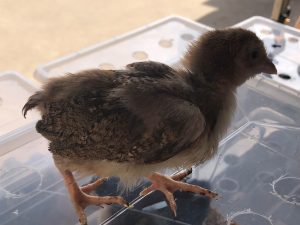
Nutrition Essentials
For optimal growth and development, proper nutrition is crucial for your growing chicks. During the period from 6 weeks to 3 months, your chicks will experience rapid growth, and it’s vital to provide them with a balanced diet to support their needs.
Nutrient-Rich Feed Options
Essentials like a complete chick starter feed should be the primary source of nutrition for your chicks during this stage. Look for feeds specifically formulated for growing chicks, as they contain the right balance of proteins, vitamins, and minerals needed for healthy development. Additionally, providing access to fresh water at all times is vital for your chicks’ health and growth.
Supplements for Optimal Growth
The addition of supplements may be necessary to ensure optimal growth and development for your chicks. Supplements containing probiotics and vitamins can help boost your chicks’ immune system and overall health. A well-rounded supplement regimen can also aid in digestion and nutrient absorption, supporting the growth of strong, healthy chicks.
This supplementation can be particularly beneficial during times of stress or when chicks are transitioning to new diets. However, it’s important to consult with a poultry nutrition expert to determine the right supplements and dosages for your specific flock.
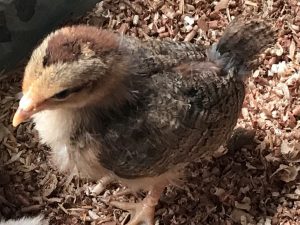
Environment and Housing
Brooder Setup and Maintenance
The brooder setup is crucial for the health and well-being of your growing chicks. It is important to provide a safe and clean environment that allows them to thrive. I recommend using a sturdy brooder box with high walls to prevent your chicks from escaping and to keep out any predators. Ensure that the bedding is clean, dry, and non-toxic to prevent any respiratory issues. Regularly clean the brooder to maintain a healthy environment for your chicks.
Temperature Control and Ventilation
An optimal temperature is important for the growth and development of your chicks. Ensure that the brooder is equipped with a reliable heat source to maintain a constant temperature of around 95 degrees Fahrenheit during the first week and decrease by 5 degrees each week until they are fully feathered. Proper ventilation is also crucial to prevent the buildup of harmful gases like ammonia. Make sure there is good air circulation without creating a draft.
With temperature control, you must monitor your chicks closely. I recommend using a thermometer to accurately gauge the temperature in the brooder. Adjust the heat source accordingly to ensure that your chicks are comfortable and thriving.
| Brooder Setup and Maintenance | Temperature Control and Ventilation |
| Provide a safe and clean environment | Ensure optimal temperature for growth |
| Use a sturdy brooder box with high walls | Proper ventilation is crucial |
| Regularly clean the brooder | Monitor temperature with a thermometer |
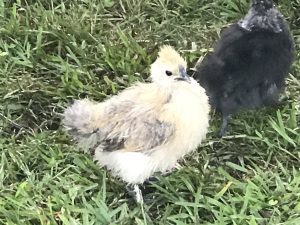
Health and Hygiene
All chick owners must prioritize the health and hygiene of their young birds to ensure they grow into strong and happy adult chickens.
Monitoring for Signs of Illness
As a responsible caretaker, it is crucial to monitor your chicks regularly for any signs of illness. It is important to check for symptoms such as lethargy, unusual droppings, sneezing, coughing, or diarrhea, as these could indicate a health issue that needs immediate attention. By observing your chicks closely each day, you can catch any potential problems early on and take the necessary steps to address them promptly.
Preventative Measures and Vaccinations
For preventative care, routine vaccinations can help protect your chicks from common diseases** that can affect poultry. Consult with your veterinarian to determine the appropriate vaccination schedule for your chicks, based on their breed and environment. Vaccinations can help boost your chicks’ immune systems and prevent serious illnesses, giving them a better chance at growing into healthy adult chickens.
Monitoring your chicks’ health and administering vaccinations as needed are important parts of maintaining their overall well-being and ensuring they thrive in their environment. By staying proactive and attentive to their needs, you can help your chicks grow into happy and robust chickens.
Socialization and Handling 6 Week Old Chicks
Building Trust with Your Chicks
Keep in mind that building trust with your chicks is crucial for their well-being and development. Spending time with them daily, talking softly, and offering treats will help them become familiar with you and see you as a friendly presence. Consistency is key in building trust, so make sure to handle them gently and regularly.
Gentle Handling Techniques
On the topic of handling your chicks, it’s important to be gentle and patient. Use slow movements and speak in a soothing tone to avoid scaring them. When picking them up, support their bodies properly and avoid grabbing them roughly. Do not forget, chicks are delicate creatures and need to be handled with care to prevent any injuries.
It’s vital to introduce handling early on so your chicks get used to human interaction. Regular, gentle handling will help them grow accustomed to being touched and picked up, making them more social and easier to manage as they mature. Be mindful of their body language and cues; if they seem distressed, it’s best to give them some space and try again later.
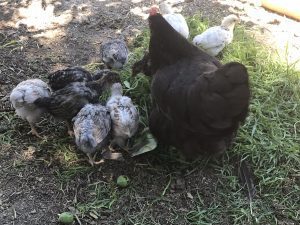
Flock Dynamics and Integration
Now, as your chicks grow older, it’s time to start thinking about integrating them with the rest of your flock. This process can be delicate and requires patience to ensure a smooth transition for your birds.
Introducing New Chicks to the Flock
Introducing new chicks to an existing flock can be a stressful time for both you and the birds. To minimize any potential conflict, it’s important to introduce the new members gradually. Place the chicks in a separate but visible area within the coop for a few days so they can get used to each other’s presence.
Managing Pecking Order and Aggression
For flock dynamics to function properly, there must be a clear pecking order established among the birds. This hierarchy helps reduce aggression and maintain order within the group.
Order within a flock can be a complex system, with certain birds asserting dominance over others through pecking, chasing, and vocalizations. It is crucial to monitor the flock closely during this time to ensure that aggressive behavior is kept to a minimum. Taking steps such as providing plenty of space, distractions like hanging treats, and ensuring an adequate supply of food and water can help reduce tension among the birds as they establish their hierarchy.
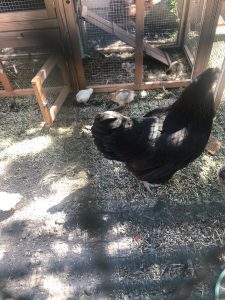
Developmental Milestones
Physical Development (6-12 weeks)
Physical development during this stage is rapid and impressive. Your chicks will transition from fluffy balls of feathers to fully feathered young chickens. They will grow noticeably bigger and stronger, developing adult-like features. By the end of this period, they should resemble miniature versions of their adult selves.
Behavioral Development (6-12 weeks)
To understand your chicks better, observe their behavioral development. They will become more independent, exploring their surroundings with curiosity. You may notice them scratching at the ground and taking dust baths, important behaviors for maintaining healthy feathers and skin. Additionally, their social interactions will become more intricate as they establish a pecking order within the flock.
Development: It’s crucial to provide a stimulating environment for your chicks during this period to encourage their natural behaviors. Ensure they have access to plenty of space to roam, peck, and scratch. Additionally, provide enrichments such as perches and dust bathing areas to support their physical and mental well-being.
Conclusion
The journey from fluffy chicks to fully feathered flock members is a rewarding and educational experience. By following the guidelines and tips mentioned in this article, you can confidently navigate the care and growth of your chicks from 6 weeks to 3 months. Do not forget, observation, patience, and love are key ingredients in nurturing your feathered friends.
The transition from fluffy down to sleek feathers is a captivating process that paints a beautiful picture of growth and development in your chicks. If you ever find yourself concerned or curious about your chicks at the 6-week mark, remember that you can always seek advice and support from social communities. Happy chick raising!
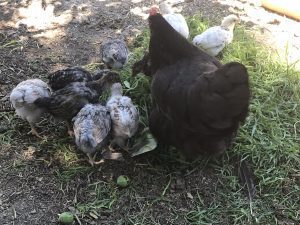
FAQ’s on 6 Week Old Chicks
Q: What should I feed my chicks between 6 weeks to 3 months?
A: During this stage, you can start introducing grower feed to your chicks. This feed is specially formulated to provide the necessary nutrients for healthy growth and development. Make sure to also provide clean water at all times.
Q: How do I provide proper housing for my growing chicks?
A: As your chicks grow, they will need more space. Make sure their coop or brooder is large enough to accommodate their size. Provide adequate ventilation, bedding, and perches for them to roost on.
Q: How can I ensure my chicks stay healthy during this stage?
A: Regular health checks are important to monitor the well-being of your chicks. Watch out for signs of illness such as lethargy, decreased appetite, or abnormal behaviors. Consult a veterinarian if you notice any concerns.
Q: What kind of enrichment activities can I provide for my growing chicks?
A: To keep your chicks mentally stimulated and prevent boredom, consider providing them with enrichment activities such as hanging treats for them to peck at, introducing new toys, or allowing them to explore a safe outdoor area under supervision.
Q: When should I start transitioning my chicks to the adult coop?
A: Around 12 weeks of age, your chicks should be ready to transition to the adult coop. Make sure to introduce them gradually to their new environment to reduce stress and ensure a smooth adjustment.
Other Articles you Might Like
Raising Baby Chicks on A Budget
The Perfect Time to Sell Your Baby Chicks
How to Choose The Best Heat Source for Baby Chicks
Prevent Pasty Butt – Top Tips for Keeping Your Chicks Clean
6 Crucial Tips on How to Car for Baby Chicks

